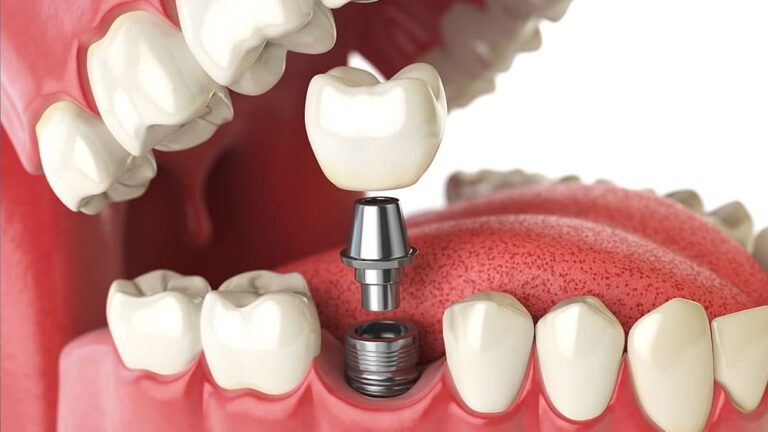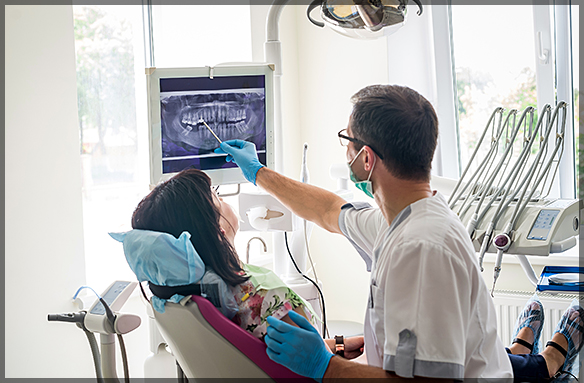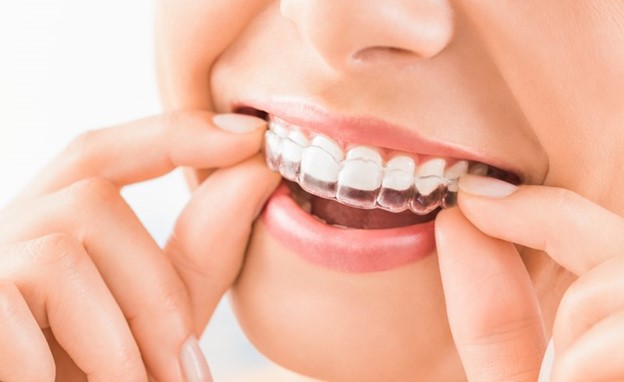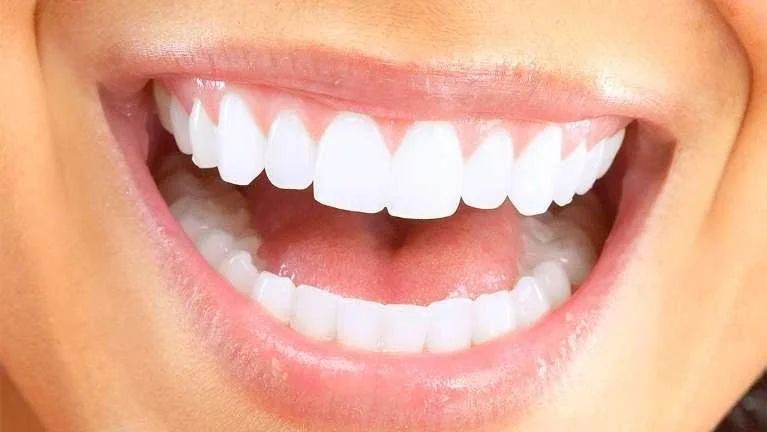Tips for Maintaining Oral Hygiene Between Dental Visits
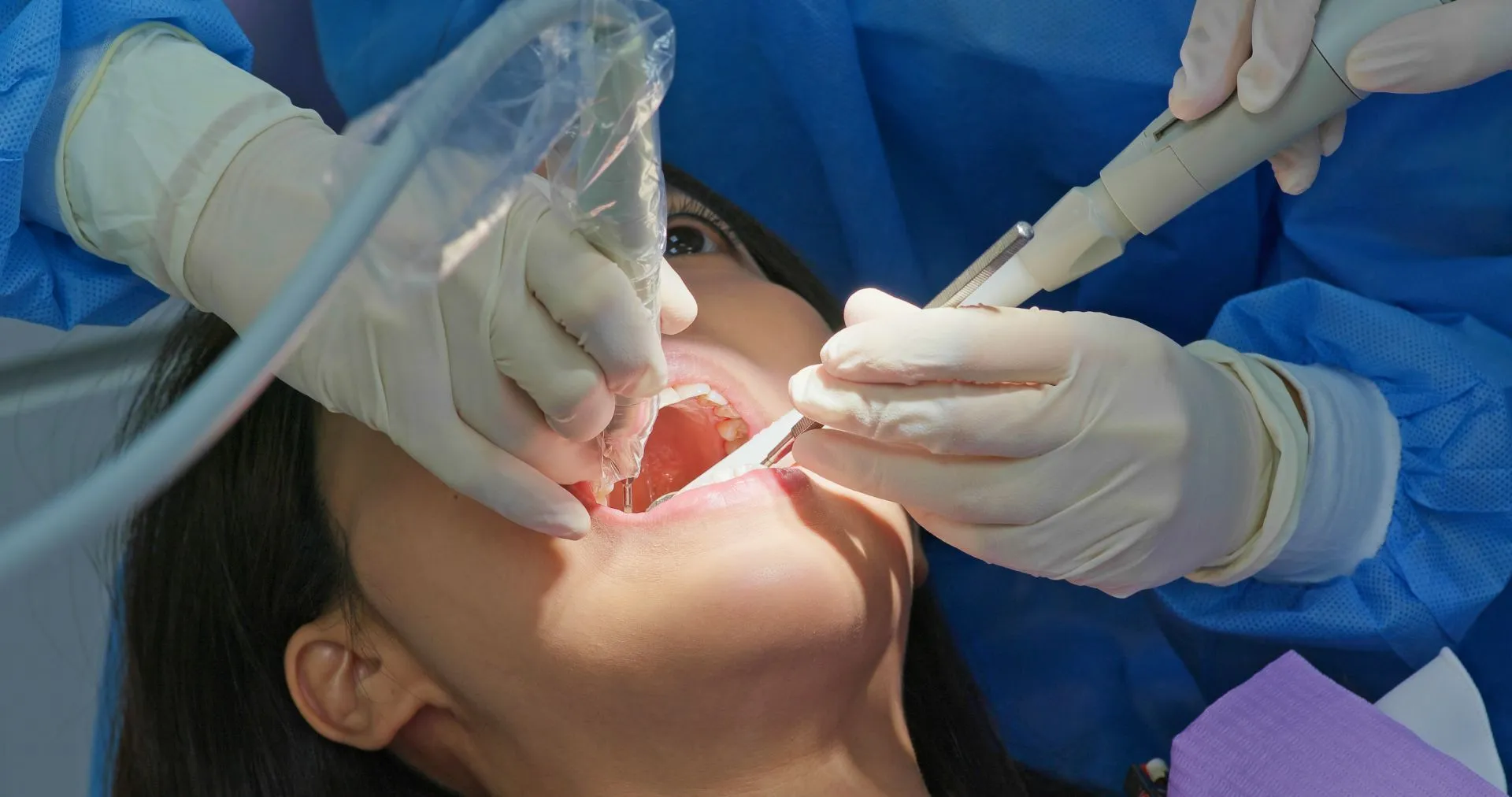
Maintaining oral hygiene between visits to the dentist is a key part of preventing dental issues and promoting overall health. Adopting correct habits makes sure you maintain a healthier mouth. You also reduce the risk of gum disease, cavities, and other oral problems. Here are helpful tips that can guide you toward better oral hygiene between dental visits:
Practice Proper Brushing Techniques
Brushing your teeth effectively is a fundamental step in oral care. The technique and duration are as fundamental as the frequency of brushing. A dentist may recommend using a soft-bristled toothbrush and fluoride toothpaste. You should also try to hold your brush at a 45-degree angle to your gums, then use gentle, circular motions to clean all surfaces of your teeth. Make sure to brush for at least two minutes, reaching both the front and back areas. Overbrushing or using hard bristles may lead to enamel damage and gum irritation. Replacing your toothbrush every three to four months or as soon as bristles fray is also helpful for optimal cleaning.
Enhance Your Routine with Flossing
Flossing is a key complement to brushing, targeting areas your toothbrush may miss. It removes food particles and plaque that can settle between teeth and along the gumline. Without it, these areas may contribute to gum inflammation and tooth decay.
To floss effectively, wrap floss around your middle fingers and leave an inch to work with. Gently slide the floss between your teeth and curve it into a C-shape against each tooth, moving it up and down to remove debris. Floss picks or water flossers can provide a helpful alternative if traditional floss feels challenging. These adjustments maintain consistency and encourage better oral hygiene until your next visit to the dentist.
Amplify Care with Mouthwash
Mouthwash plays a fundamental role in oral hygiene, acting as an extra line of defense. Depending on the type, mouthwashes can target bacteria, freshen breath, or strengthen teeth. Antimicrobial rinses reduce bacterial growth, while fluoride-containing products may aid in enamel protection.
Choose a product that suits your specific needs. For instance, opt for alcohol-free formulations if you experience dry mouth or sensitivity. Incorporating mouthwash into your daily oral routine complements brushing and flossing, addressing areas that may still harbor bacteria.
Understand the Impact of Your Diet
Sugar-rich foods and beverages may promote the growth of harmful bacteria, leading to tooth decay and enamel erosion. Sticky snacks like candies or dried fruits can stick to teeth, putting you at risk of dental issues. Limiting these items helps protect the integrity of your enamel.
On the other hand, incorporating teeth-benefiting foods into your diet improves oral hygiene. Crunchy fruits and vegetables stimulate saliva production, which naturally cleanses your mouth. Dairy products like cheese and yogurt may strengthen your teeth. Contemplate replacing sugary drinks with water, which rinses away food particles and prevents dry mouth.
Consult with a Dentist Today
Maintaining oral hygiene between dental visits is key to long-term dental health. By focusing on proper brushing techniques, integrating flossing, and selecting the right mouthwash, you can minimize your risk of dental issues. Consult with a dentist today for a tailored approach to oral care and expert dental tips.
- What to Expect When Visiting a Foot and Ankle Specialist
- Causes of PTSD
- The Link Between Plantar Fasciitis and Weight Gain: What You Need to Know
- How Pet Ownership Can Positively Impact Life with Fibromyalgia
- The Importance of Stretching and Flexibility in Sports Medicine
Dr. Emma Green is a health and wellness expert with over 10 years of experience in nutrition and fitness. Passionate about helping others live their healthiest lives, Dr. Green shares practical advice on wellness, nutrition, and sustainable living through LivingSpristine.

